Availability
- Request Lead Time
- In stock and ready for quick dispatch
- Usually dispatched within 5-10 working days
| Product Name | AKT antibody [N3C2], Internal |
|---|---|
| Catalog Number | GRP61 |
| Species/Host | Rabbit |
| Reactivity | Human, Mouse, Rat, Fish |
| Conjugation | Unconjugated |
| Tested applications | ICC, IF, IHC-Fr, IHC-P, IP, WB |
| Immunogen | Recombinant protein encompassing a sequence within the center region of human Akt1/2/3. The exact sequence is proprietary. |
| Alternative Names | (click to expand) |
| Form/Appearance | Liquid: 1XPBS, 1% BSA, 20% Glycerol (pH7). 0.025% ProClin 300 was added as a preservative. |
|---|---|
| Concentration | 0.3 mg/ml |
| Storage | Store as concentrated solution. Centrifuge briefly prior to opening vial. For short-term storage (1-2 weeks), store at 4°C. For long-term storage, aliquot and store at -20°C or below. Avoid multiple freeze-thaw cycles. |
| Note | For research use only. |
| Isotype | IgG |
| Clonality | Polyclonal |
| Purity | Purified by antigen-affinity chromatography. |
The serine-threonine protein kinase encoded by the AKT1 gene is catalytically inactive in serum-starved primary and immortalized fibroblasts. AKT1 and the related AKT2 are activated by platelet-derived growth factor. The activation is rapid and specific, and it is abrogated by mutations in the pleckstrin homology domain of AKT1. It was shown that the activation occurs through phosphatidylinositol 3-kinase. In the developing nervous system AKT is a critical mediator of growth factor-induced neuronal survival. Survival factors can suppress apoptosis in a transcription-independent manner by activating the serine/threonine kinase AKT1, which then phosphorylates and inactivates components of the apoptotic machinery. Mutations in this gene have been associated with the Proteus syndrome. Multiple alternatively spliced transcript variants have been found for this gene. [provided by RefSeq, Jul 2011]
| Dilution Range | WB: 1:500-1:3000,ICC: 1:100-1:1000IP: 1:100-1:500 |
|---|
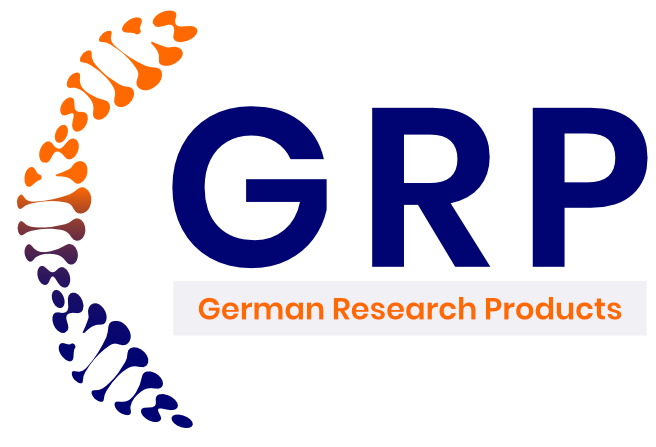
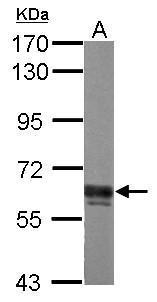
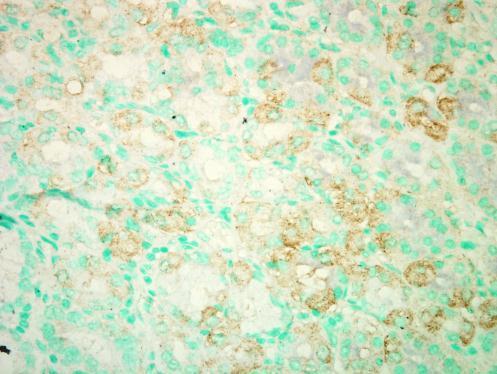
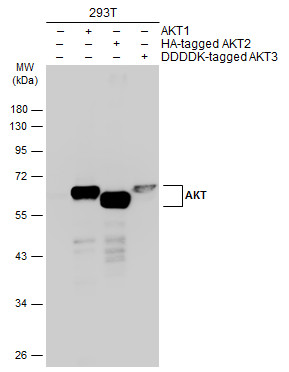
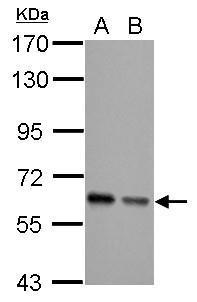
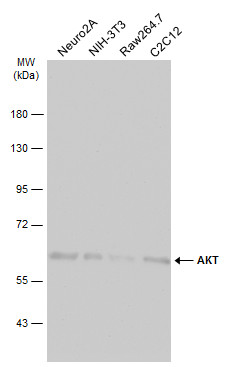
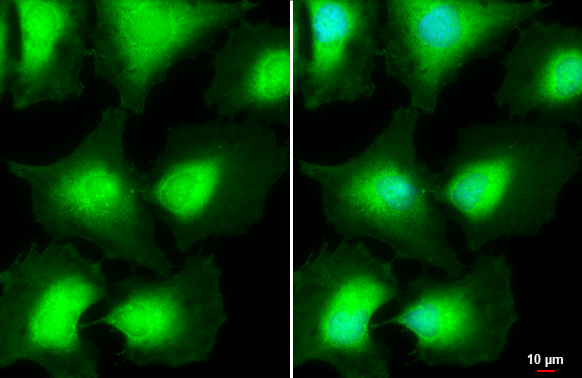
![Various whole cell extracts (30 μg) were separated by 10% SDS-PAGE, and the membrane was blotted with AKT antibody [N3C2], Internal (GRP513) diluted at 1:1000. The HRP-conjugated anti-rabbit IgG antibody was used to detect the primary antibody.](https://www.grp-ak.de/media/catalog/product/a/k/akt-antibody-n3c2-internal_grp513_wb_3_2.jpg)
![The WB analysis of AKT antibody [N3C2], Internal was published by Sun W and colleagues in the journal Cell Death Dis in 2014 .](https://www.grp-ak.de/media/catalog/product/a/k/akt-antibody-n3c2-internal_grp513_wb_2_2.jpg)
![The WB analysis of AKT antibody [N3C2], Internal was published by Vallejo-Flores G and colleagues in the journal Biomed Res Int in 2015.PMID: 26557697](https://www.grp-ak.de/media/catalog/product/a/k/akt-antibody-n3c2-internal_grp513_wb_1_2.jpg)
![Immunoprecipitation of Akt1/2/3 protein from 293T whole cell extracts using 5 ?g of Akt1/2/3 antibody [N3C2], Internal (GRP513).Western blot analysis was performed using Akt1/2/3 antibody [N3C2], Internal (GRP513).EasyBlot anti-Rabbit IgG was used as a s](https://www.grp-ak.de/media/catalog/product/a/k/akt-antibody-n3c2-internal_grp513_ip_1_2.jpg)
